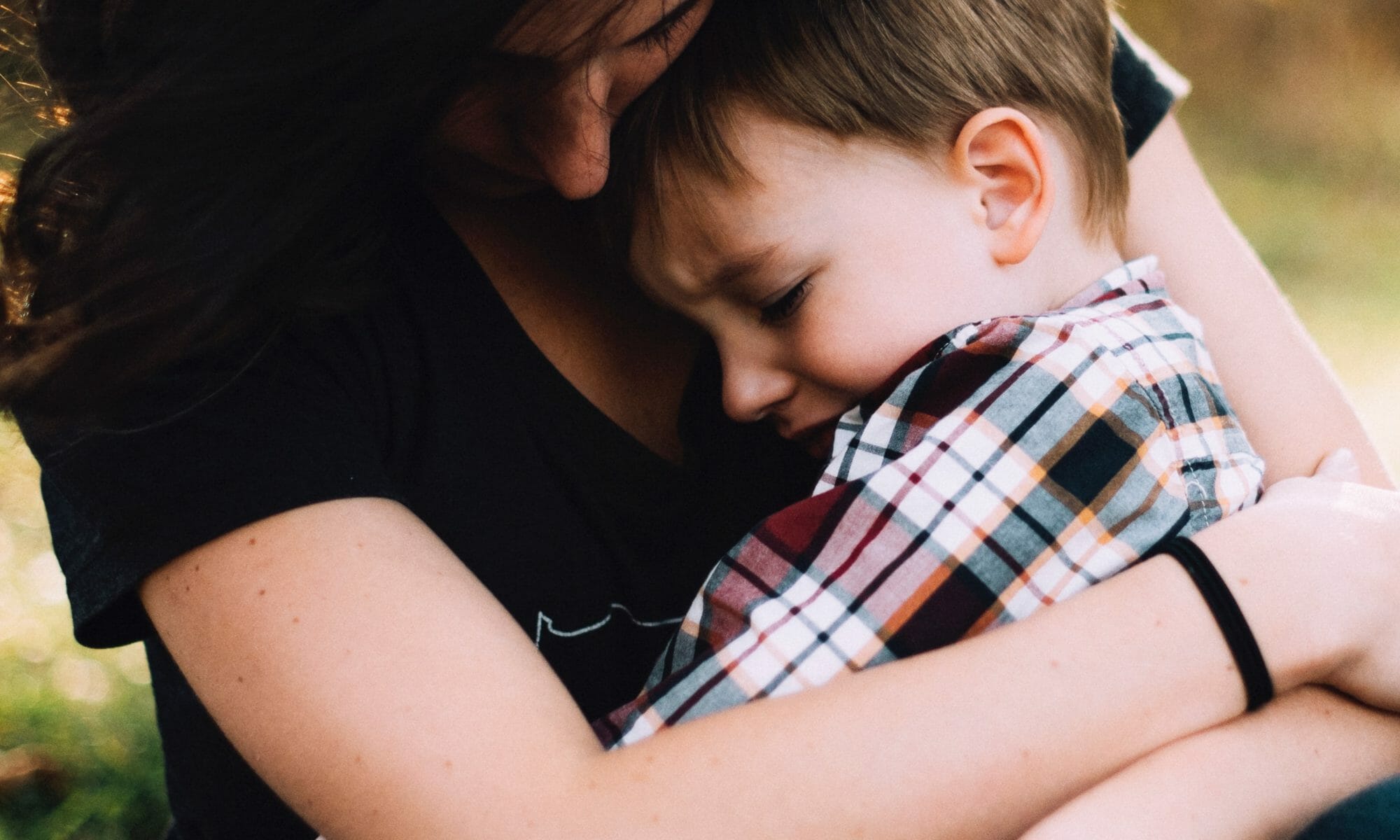Divorce is a touchy subject with children and especially for parents as they themselves adjust to their situation. Managing and discussing this traumatic situation with children will vary widely depending on the age of the child. Reaction can be quite different for each age group and can range from sadness to anger and feelings of anxiousness. Knowing how to reach out to these age groups will help in their adjustments and leave them feeling that they will still be cared for by both parents.
Infants and Toddlers
Even infants can feel tension between parents when they are going through a divorce and if they are not comforted they can become clingy with irritable and angry outbursts. Infants and toddlers during this transition need structure and consistency in their daily routine. Nap times, meals and play dates should not be disrupted and they may need additional hugs, comfort and attention.
Pre-School – Early Elementary Years
Pre-school children and those in the early elementary years of school may act out and start throwing tantrums. The non-custodial parent may want to increase their visits and spend more time giving re-assurance and affection. They have feels of insecurity and they need to know that they will not be abandoned. Early elementary children may act out and devise ways to get the parents back together. Remember the movie Parent Trap!
Adolescents and Early Teens
This age group are more easily embarrassed and angered and they may act out in a hostile manner. They may embellish health issues like headaches or stomach pains and if they have an existing illness like asthma, it may worsen. It is possible they could start lying, be manipulative and even start with minor stealing. It’s important to communicate as much as possible and keep them informed of ongoing developments in the divorce. They like to think they are adults so share as much information with them as you can. Keep a close eye on their activities inside and outside school and be consistent with house rules. Family counselling may be a consideration for this age group.
Teenagers
Older teenagers have a much better understanding of divorce but they can still act out immaturely. After all, they are teenagers! They may hide behind a mask so try and draw them out and encourage them to talk about how they are feeling about the divorce. Be on the lookout for signs of depression such as dropping out of school activities, not hanging out with their peers or abusing alcohol or other substances. Don’t encourage a male teenager to be the head of the household and a female teenager should not be relegated to the caretaker of younger siblings. They are still teenagers, not adults and they should be allowed to behave as teenagers. Let them decide on when and how much visitation they want with the non-custodial parent. Be flexible if they want to move their living arrangements back and forth between parents.
Conclusion
It is important for children of divorce and their parents to have relationships that are open with lots of healthy and effective communication. There is no reason that children of divorce cannot develop into normal, healthy adults with successful and healthy lifestyles and careers.


